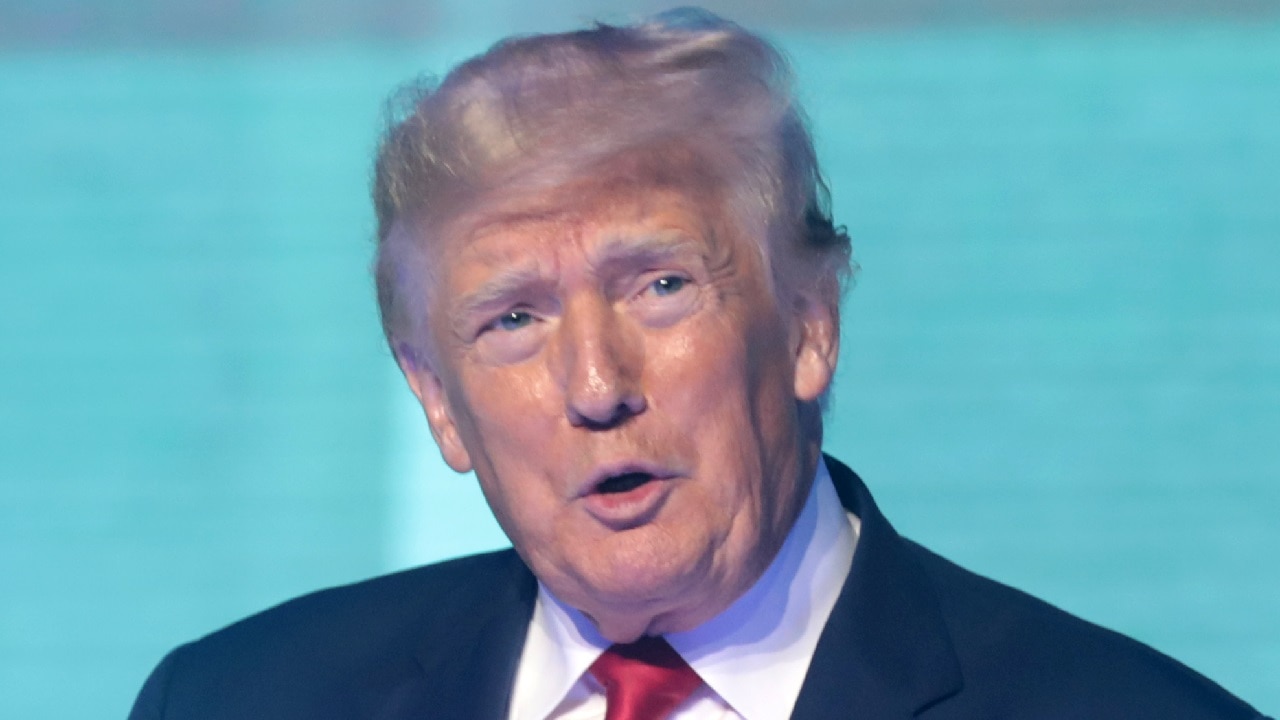‘Unprecedented’ Trial On Trump’s Eligibility for Colorado Ballot Begins – A significant legal battle is set to commence on Monday in Denver, Colorado.
Six Republican and unaffiliated Colorado voters brought a lawsuit, supported by the liberal watchdog group Citizens for Responsibility and Ethics in Washington (CREW), to determine whether former President Donald Trump’s actions on January 6, 2021, disqualify him from running for president in Colorado in 2024.
The case centers on the application of the 14th Amendment’s “insurrectionist ban” to Trump.
The plaintiffs in this case have already achieved several pretrial victories, defying expectations by overcoming motions from Trump and the Colorado GOP seeking to dismiss the case. The trial, which will take place in Colorado District Court, is expected to last at least one week, and although Trump is not expected to attend, the proceedings are anticipated to be closely watched.
What Is The 14th Amendment?
The 14th Amendment, ratified after the Civil War, stipulates that U.S. officials who have taken an oath to uphold the Constitution may be disqualified from holding future office if they have “engaged in insurrection” or provided “aid or comfort” to insurrectionists. However, the Amendment does not specify how to enforce this ban, and it has only been applied twice since the 1800s, primarily against former Confederates.
The key questions for the trial, as outlined by Colorado Judge Sarah Wallace, include defining “engaged” and “insurrection,” determining whether Trump engaged in an insurrection, addressing whether the insurrectionist ban is self-executing, examining if Griswold has the authority under Colorado law to exclude a candidate based on federal constitutional considerations, and clarifying whether the ban applies to U.S. presidents or only to other officials.
Former President Trump and his campaign have vigorously opposed the lawsuit. They argue that it would be “un-American” to deprive voters of the opportunity to decide whether the former president should return to the White House by removing him from the ballot. Trump’s legal team has attempted to dismiss the case, contending that it misinterprets Colorado’s ballot access laws and violates his free-speech rights.
Implications for the Upcoming Elections
The trial’s outcome could have significant implications for the 2024 presidential election, potentially affecting Trump’s eligibility to appear on Colorado’s presidential ballot. CREW filed the lawsuit with the aim of resolving the dispute before Colorado’s GOP primary on March 5, 2024, which falls on Super Tuesday.
The case in Colorado is not isolated, as similar lawsuits in battleground states aim to remove Trump from the ballot. While many of the groups behind these lawsuits have liberal leanings, they are often joined by Republican plaintiffs. The legal challenge against Trump has garnered support from a growing number of constitutional scholars, including conservative jurists and legal experts.
Unprecedented Challenge
The application of the 14th Amendment’s insurrectionist ban to a presidential candidate is unprecedented in U.S. history. Trump’s actions leading up to and on January 6, 2021, when a mob of his supporters stormed the Capitol in an attempt to overturn the 2020 election results, have raised serious questions about his eligibility for future office. The legal proceedings could shape the course of upcoming elections, and many expect that the Supreme Court may ultimately weigh in on the matter. The trial begins on October 30, with a ruling expected by Thanksgiving, followed by potential appeals.
Georgia Gilholy is a journalist based in the United Kingdom who has been published in Newsweek, The Times of Israel, and the Spectator. Gilholy writes about international politics, culture, and education.

